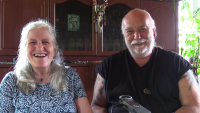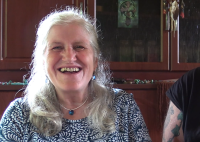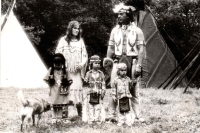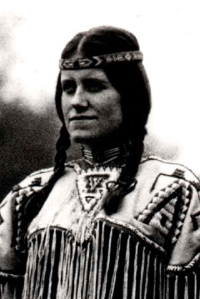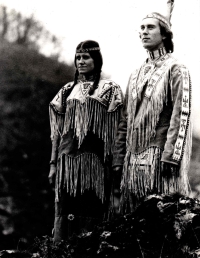Living with a tribe of reliable people was an important experience
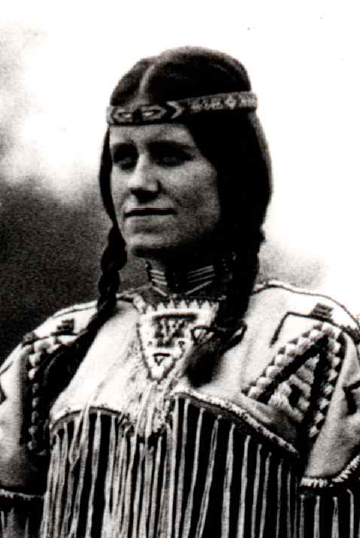
Download image
Milena Kročáková, née Jakešová, was born on the 19th of September in 1954 in Prague to the family of Vladimír and Vlasta Jakeš. She was a single child. Her parents disagreed with the Communist régime but they did not participate in any activities against it. Her father worked a blue collar job in the municipal transport company, her mother was on disability support. They would go to their cottage in Mnichovice and they liked to travel, both within Czechoslovakia and to the countries of the Eastern Bloc. In 1965, they made a car trip to the USSR. At the time of the August invasion of the Warsaw Pact Armies, Milena was 14 and she was in a summer camp. Milena graduated from a business academy in Prague and she met her future husband, Ladislav Kročák there. Both of them loved tramping and they shared an interest in Indian [i. e. Native American] culture. In 1978, they got married and started a family. Since the seventies, they would go to tramp trips and reunions, for which the Public Security [police] checked them frequently [as a means of harassing]. Gradually, they joined a subculture of “Indian” hobbyists who made themselves Indian clothes, tools, artifacts, organised camping with teepees and lived as an Indian tribe. In 1992, Canadian filmmakers shot a documentary about them. Milena Kročáková worked as a clerk in the Ferona company. After the 1989 revolution, she and her husband started their business – they were able to use their experience in making custom Indian clothing and other artifacts even for foreign markets. In 1996, they visited America. In the last few years, they mostly concentrate on drum making and drumming workshops.
